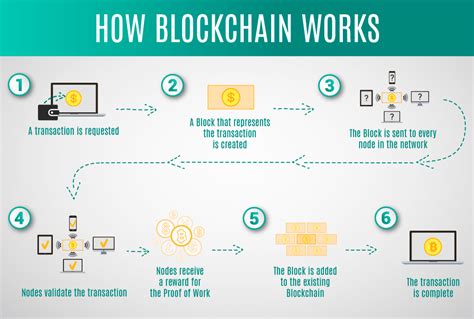How the Ethereum.info blockchain detects double expenses
In the rapidly evolving world of cryptocurrency, transactions are constantly carried out and verified on the blockchain. However, one of the most critical security measures in place to prevent fraudulent activities is double detection of expenses. In this article, we will immerse ourselves on the way the blockchain of Ethereum. Info detects double expenses.
What is a double expenditure?
A double expenditure occurs when an individual tries to spend twice the same cryptocurrency in a short time. This can lead to financial losses for the two parties involved in the transaction and undermine confidence in the digital economy.
How Blockchain.info detects double expenses
Blockchain.info, a popular service provider based on blockchain, uses advanced algorithms and automatic learning techniques to detect double expenses. Here are some key methods used by blockchain.info d’Ethereum:

: The intelligent contract of Ethereum allows developers to write a personalized logic in their contracts. Blockchain.info can detect attempts to handle or modify these contracts, which may indicate a double attempt at expense.
Automatic learning and detection powered by AI
Blockchain.info uses automatic learning algorithms to analyze models in transaction data. These models are formed on large quantities of historical transaction data, allowing the service to identify potential security threats and report suspicious activity.
Algorithm uses various techniques, such as:
Athoring double expenses on Ethereum
To further secure the Ethereum network, users can take several precautions:
Conclusion
Blockchain.info d’Ethereum plays a vital role in detecting double expenditure on the network. By taking advantage of advanced algorithms, automatic learning techniques and data analysis, this service helps prevent financial losses and maintains confidence in the digital economy. Although no system is perfect, regular surveillance and caution can help protect users from potential security threats.
Warning! This transaction is a double expenditure. You must be extremely careful when you trust the transactions from unknown sources or with unclear or suspect addresses.

